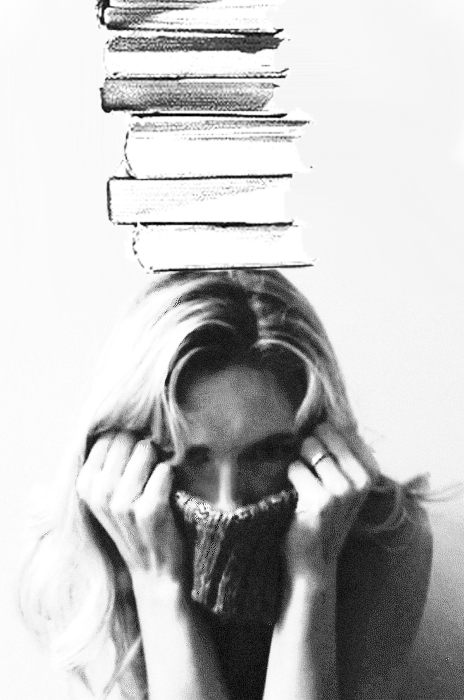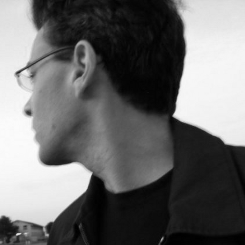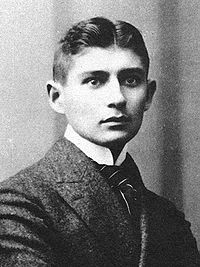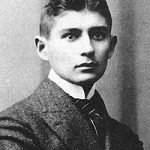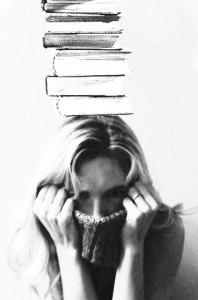 What constitutes a “short story”? About how many pages does it consist of in comparison to the average work? I’m writing my second book and want it to be a short story, but I’m unsure how short that should be?
What constitutes a “short story”? About how many pages does it consist of in comparison to the average work? I’m writing my second book and want it to be a short story, but I’m unsure how short that should be?
Patrick
Hi Patrick,
My experience has been that a single short story wouldn’t be a book, but a collection of short stories makes a fantastic book. A few of my favorites are Some Sexual Success Stories: Plus Other Stories in Which God Might Choose to Appear by Diane Williams and Jesus’ Son by Denis Johnson. Regarding word count, I’ve always found the rules to differ slightly between who is speaking, but generally, I follow these breakdowns as I’ve parsed them together between various agents, editors, and genre specifications.
Novel — Over 70,000 words
Novella — 17,500 to 70,000 words
Novelette — 7,500 to 17,500 words
Short Story — 1,000 to 7,500 words
Short Short Story — Under 1,000 words
A Note on the Novel
Some editors consider anything over 40,000 or 50,000 words to be a novel, where some consider anything less than 100,000 words to not be a novel. My experience has been that agents often like to see a novel with word count above 70,000. Some agents working in particular genres often require the word count to be 80,000 and above. Basically, it’s all very subjective and can differ widely. Best to research your target markets and determine the specifics for that market.
A Note on the Short Short Story or Flash Fiction
I’ve found the most universally accepted word count to be 1,000; however, many editors consider anything under 1,500 to be a short short story.
Best Rule of Thumb
Always research the market, publication, editors, agents, publishing houses, and determine what their specific parameters are regarding word count after you’ve completed the work. Unless you are writing for a contest prompt, which can be fun and helpful in a craft sense, best to let the word count of the work determine itself. Then look for the publication that shares the same structural parameters.

